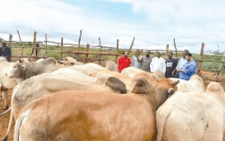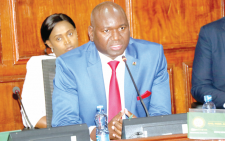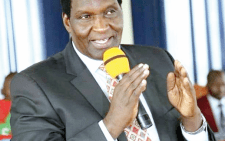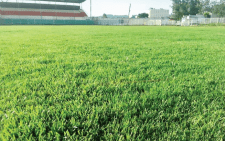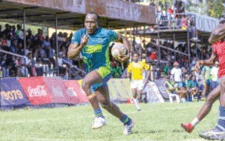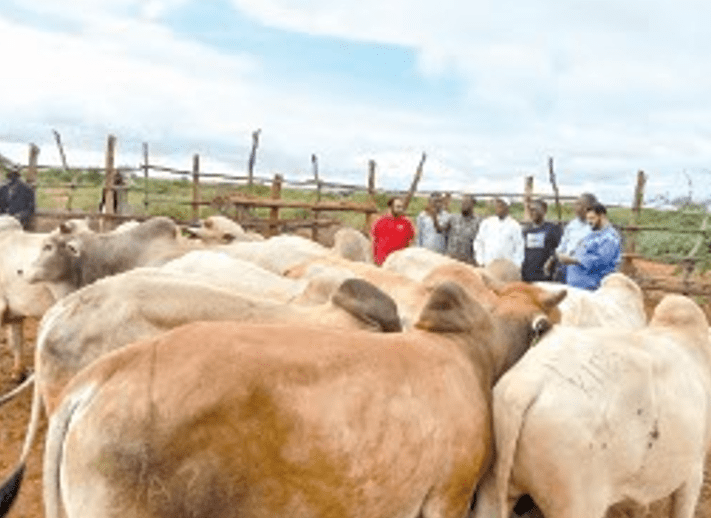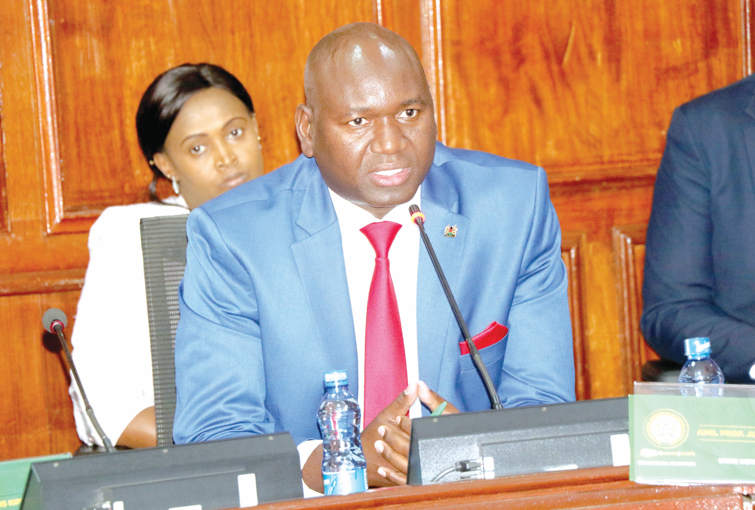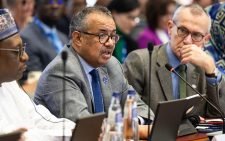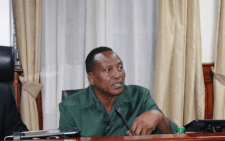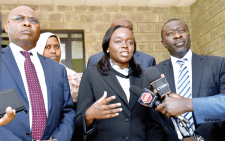The artists fraternity in Kenya is constantly bickering and up in arms over what it calls lack of support from the Government in the form of strong policies to sustain their livelihoods.
Music space in particular has had run-ins with the Government of the day through associations like Music Copyright Society of Kenya (MCSK) and PRISK (Performing Rights Society of Kenya). The biggest bone of contention lies with royalties and piracy with Collective Management Organizations right in the heart of fire at least in the past three years.
The Kenya Kwanza regime under President William Ruto laid out a plan under their manifesto during the 2022 national campaigns which had considerable promises to the Creatives space. As it were, Music being the most visible and lucrative space has generated talks with many stakeholders including Producers, Promoters and Songwriters often joining calls for greater action to make their industry sustainable and orderly.
Kenya Copyright Board (KECOBO) revealed that artists received less than 10% of the royalties due to them in 2023. This has led to calls for reforms, including the creation of a single state-led CMO to improve transparency and accountability.
Popular Artists of the past era like Nonini (Hubert Nakitare) and new stars in the game like Khaligraph Jones (Brian Ouko) are some of the vocal voices who have been pushing for change in systems. Amidst the challenges, veteran Afro-pop artiste Nameless (David Mathenge) contends Artists should utilize their brand to market themselves.
“Technology today is here and we must embrace it. You do not need gigs to survive but illuminate your brand through platforms like social media. Yes, we still have issues with systems in our music business but instead of moaning, let artists be open-minded. Government needs of course to streamline some areas so that artists can feel appreciated and respected. After all this is work and not mere entertainment. However as it stands and borrowing from other areas of the continent, we need to look outward and find collaborations and solutions as well,” he told People Daily.
KECOBO (Kenya Copyright Board) has also faced scrutiny over its lackluster manner of handling concerns of musicians whose products do not feed them. The regulator said Kenya’s three licensed CMOs – the Music Copyright Society of Kenya (MCSK), the Kenya Association of Music Producers (KAMP) and the Performers Rights Society of Kenya (PRISK) – jointly distributed about Sh26m in 2023 to artists instead of Sh180 million.



